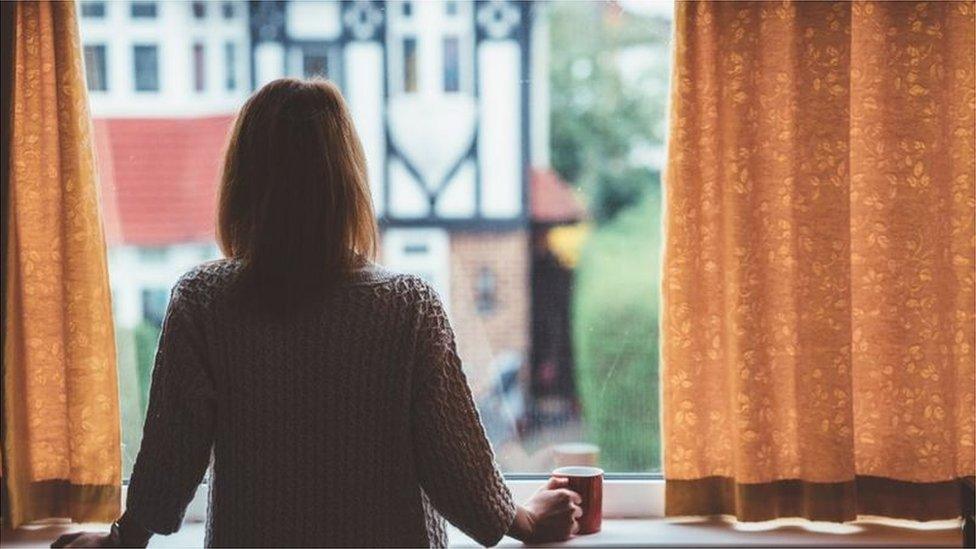Covid in Scotland: Tax-free support call for self-isolation
- Published

The Scottish government has called on the Treasury to exempt the new self-isolation payment from tax.
Social security secretary Shirley-Anne Somerville has written to Chancellor Rishi Sunak saying people may not apply for the £500 because of tax concerns.
Applications for the payment, intended to help those on low incomes who are Covid-positive, opened this week.
The Treasury has said tax arrangements throughout the UK will be "fair to everyone".
In Scotland, the payments will be made through the Scottish Welfare Fund and administered by local authorities.
Initially, the money will go to those on Universal Credit or similar benefits.
Public health
Ms Somerville said: "I welcome your consideration of an exemption from National Insurance contributions (NICs) and I believe a similar approach should be taken in respect of income tax.
"Subjecting these payments to tax risks detracting from the important public health measures they are intended to support.
"In a worst case scenario, the prospect of a future tax liability may prevent a person from applying, leading to them having to make the difficult choice between self-isolating and returning to work so they can support themselves financially."
She added: "I would ask that you consider an income tax exemption in respect of payments made under the self-isolation support grant scheme, similar to the exemption you have put in place for NICs and the test and trace support payment scheme in England."
A Treasury spokeswoman said: "We have treated the Scottish government scheme exactly the same as we have similar schemes in the rest of the UK by making it subject to income tax but also exempting it from National Insurance Contributions. That's fair to everyone.
"We have also ensured that it has no detrimental impact when calculating Universal Credit and tax credits so that no-one receiving these payments will see their welfare payments reduced."

